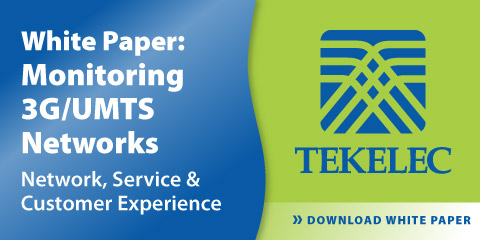
article page
| 1
| 2
| 3
|
The only service we losers use more than the Blackberry and iPhone VIPs, in some cases, is text messaging. That’s probably because we don’t have the same kind of access to email, instant messaging, and other applications that make text messaging look archaic. Keep in mind though that only 65 percent of us non-V.I.P.s even use text messaging, while 91 percent of Blackberry users and 97 percent of iPhone users send and receive texts. The 65 percent of we peasants that do send and receive texts use an average of 608 per month and spend $10.92 to do it.
|
|
“You need a new battery for that device? Here’s one with my compliments…and a hand rolled cigar to boot.” |
|

The coach class customers who use post-paid services (unlike me, I like to tell myself this is part of why I use pre-paid) pay about 4.5 percent – about the same. Blackberry users pay just 4.4 percent, which is deceiving because overall they spend about twice as much per month as the folks seated in the
|
|
|
|

By comparison, iPhone junkies send and receive 512 text messages per month and spend $6.64 for it. Blackberry addicts that use text messaging consume 412 messages per month but spend $13.34 for the privilege. This number seems a bit skewed because Blackberry users, at least in this sample, are hit for messaging overage charges equaling 130 percent of what they spend for messaging plans, while iPhone users incur no messaging overages whatsoever. In other words, if you have a Blackberry, take a hard look at your text messaging plan and watch out for those overage charges. Just because you’re a V.I.P. doesn’t mean you’re not also a sucker.
iPhone Users Pay More for Nothing
One area where iPhone users are paying a bit extra is for those unspecified surcharges that all carriers extract from customers. The average consumer wireless customer, according to this study, pays 4.7 percent of his or her bill for this secretive line item. That includes everyone, regardless of their device. This means that on average consumer wireless customers pay $2.93 per month for nothing in particular. Consider that for a wireless carrier with say, 60 million subscribers, that results in nearly $176 million in revenue per month, or more than $2 billion per year. That’s a whole lotta nuthin’.
|
|

rear. They kick in $5.17 per month for carrier surcharges where everyone else – except iPhone users – pays $2.48 per month.
iPhone users pay 6.5 percent of their bills to unspecified surcharges. That translates into a whopping $6.39 per month. In other words, they pay more than twice as much for absolutely nothing as the typical user. One would think that iPhone users would be outraged by this fact. But on the whole they aren’t. They love those little devices. Another study Validas is conducting now looks at 1,666 customers who churned, or switched carriers. Only one of them was an iPhone user. What’s more, unspecified surcharges, as devilish as they may be, aren’t a big predictor of churn. Every post-paid subscriber pays for them, but only about 4 percent of the customer base defects from one carrier to another every month.
Uncle Sam and Friends
The CTIA, the wireless industry’s lobby group, has argued for years against the federal, state and local taxes and fees levied on wireless subscribers. This is somewhat ironic, or hypocritical, given their support for the carriers’ own unspecified surcharges. The fact is, though, that Uncle Sam and his pals in state and local government love wireless bills.
article page
| 1
| 2
| 3
|
|
|





